The extraordinary session on the situation in Ukraine's energy sector and economy, convened by the Kyiv Security Forum (KSF), brought together diplomats, experts, and officials to discuss the real threats Ukraine faces on the eve of winter and to identify ways to address them. The discussion during the energy panel focused on analysing scenarios for how the situation may unfold and developing concrete responses, particularly those involving the European Union and other international partners, aimed at strengthening and protecting Ukraine's energy security.The extraordinary session on the situation in Ukraine's energy sector and economy, convened by the Kyiv Security Forum (KSF), brought together diplomats, experts, and officials to discuss the real threats Ukraine faces on the eve of winter and to identify ways to address them. The discussion during the energy panel focused on analysing scenarios for how the situation may unfold and developing concrete responses, particularly those involving the European Union and other international partners, aimed at strengthening and protecting Ukraine's energy security.
As noted by the Chairman of the Kyiv Security Forum, Arseniy Yatsenyuk, Ukraine’s Prime Minister in 2014–2016, alongside Russia’s military plans to seize Ukraine, Putin’s strategy also includes an attempt to freeze the country.
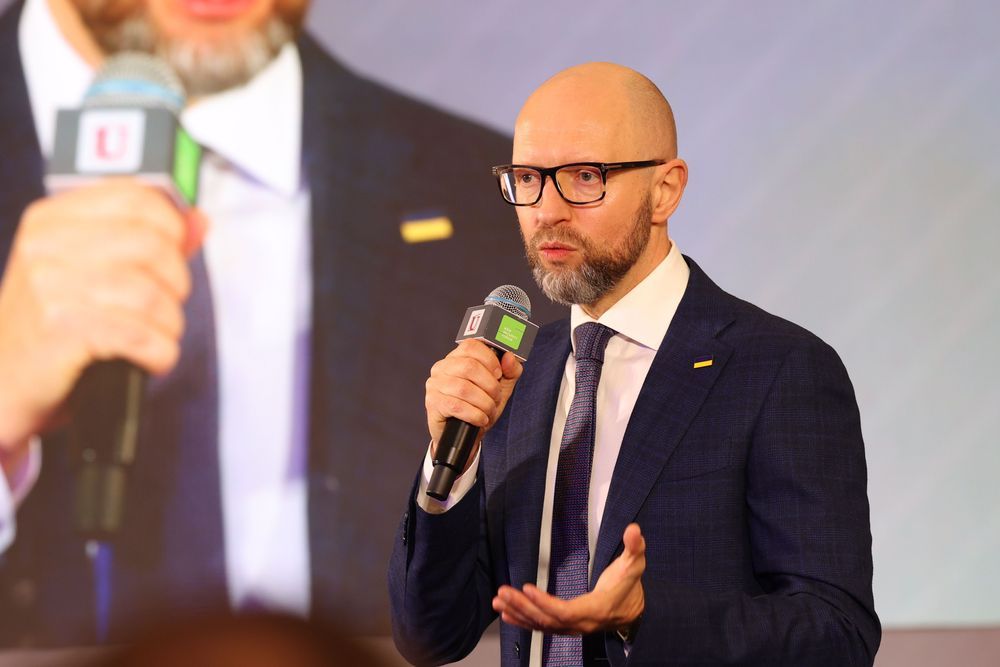
"He hopes he can freeze the Ukrainian people, but he will never freeze our will to prevail. And to ensure victory, it is crucial that we mobilise our strength, capabilities, and resources to get through this difficult winter,” the KSF Chairman underlined.
For his part, D.TRADING CEO Dmytro Sakharuk noted that Ukraine's energy system continues to function thanks to cooperation, investments, and the resilience of its people.
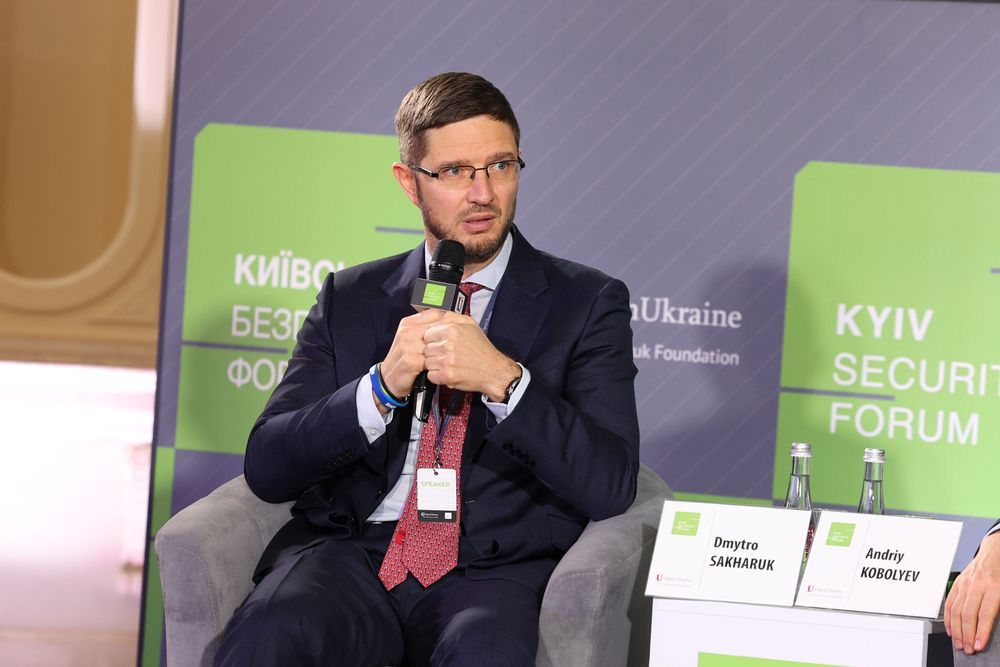
"All of us — Ukrenergo, Centrenergo, and private companies — are looking for equipment across Europe. Without partnership, rapid recovery is impossible. The second crucial element is financing, and the third is the people who have been working tirelessly for the fourth year in a row, restoring the system under constant shelling,” he stressed.
Nataliya Boyko, Deputy Chairwoman of the Supervisory Board of NJSC Naftogaz of Ukraine and Head of the Centre of Excellence in Government Relations (GR Centre), noted that the gas sector has stabilised despite the challenging circumstances: "We have met our planned production targets, but we have lost large volumes of our own gas due to targeted attacks. Therefore, a programme to increase imports was developed. A new agreement for the supply of US LNG has already been signed, and the government has allocated 8.4 billion UAH for the purchase of imported gas," she underlined.
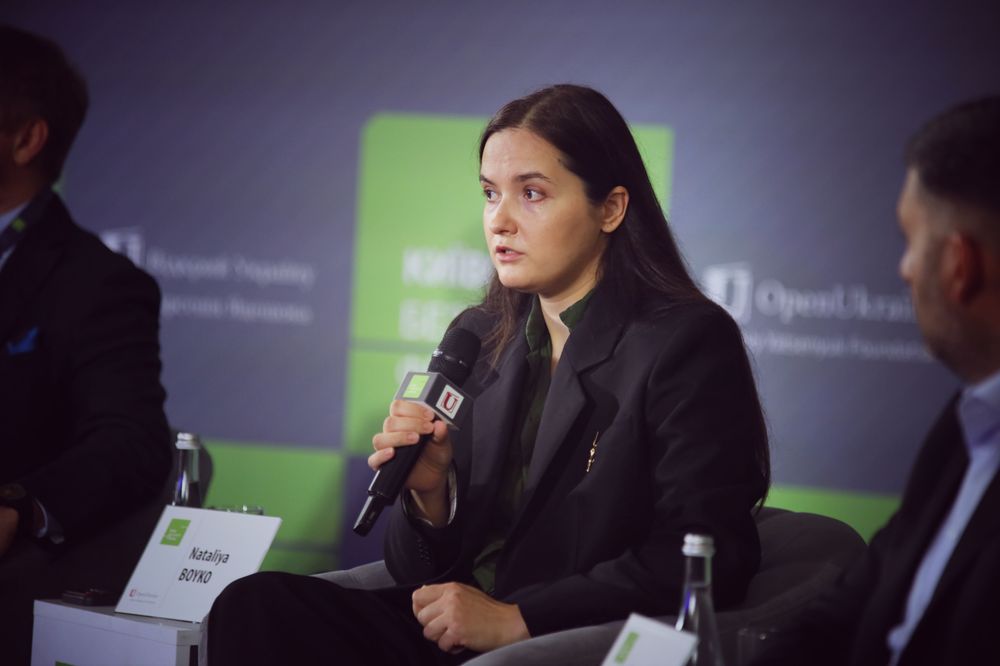
In the view of Andriy Koboliev, Chairman of the Supervisory Board of NJSC Naftogaz of Ukraine in 2014–2021 and founder of the investment company Eney, Ukraine's energy security can also be strengthened by engaging foreign, particularly American, companies in hydrocarbon production.
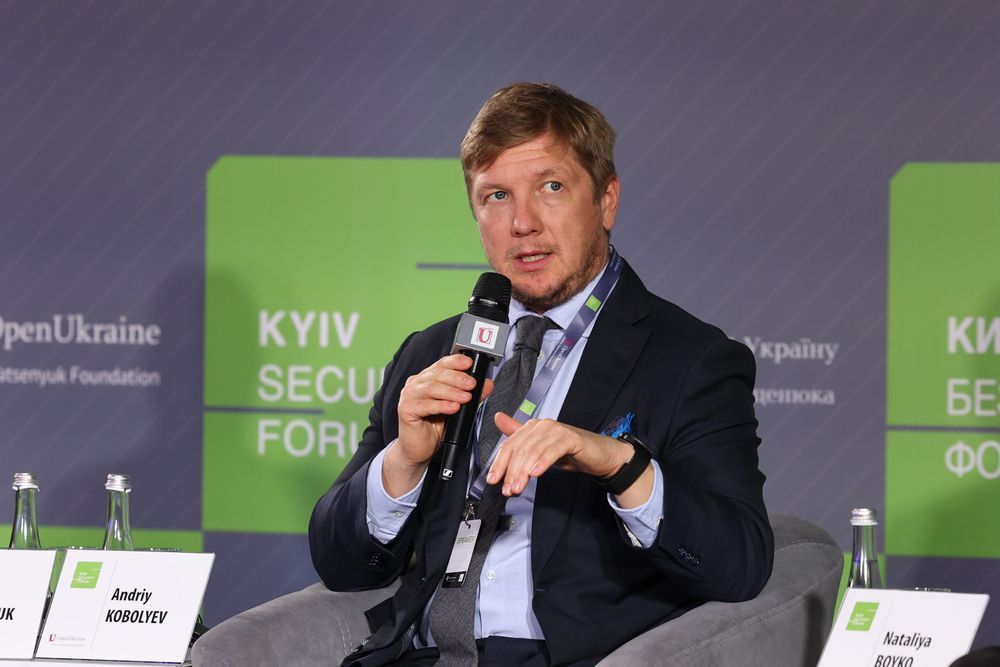
"Ukraine possesses reserves of shale gas and shale oil, yet without cutting-edge technologies and partnerships with private companies, we will not be able to develop them effectively. If we take the step now to open the market, grant licences to private operators and establish a truly investment-friendly environment, it could become a game-changer for the entire energy system," he remarked.
Volodymyr Groysman, Ukraine’s Prime Minister in 2016–2019, stressed the need to prepare communities for any possible turn of events amid ongoing Russian strikes on energy and critical infrastructure facilities.
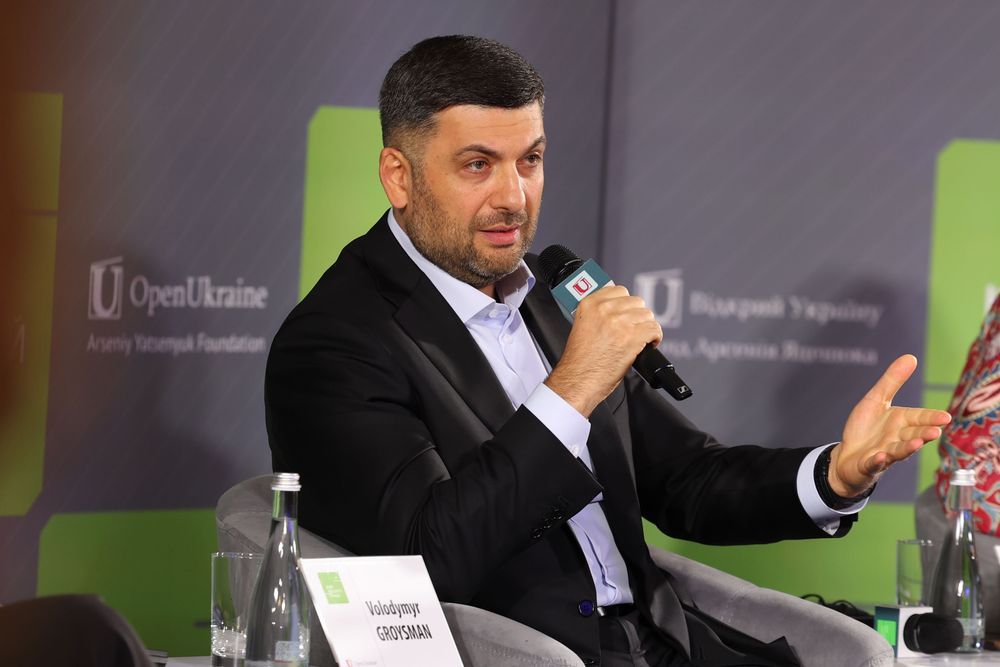
"Communities must have well-rehearsed, joint response plans for power cuts, gas outages, and water shortages — and plans that can be sustained over time. Every city and every region should have a clear action plan for such circumstances: how to support residents in high-rise buildings and private homes, how to keep essential infrastructure running, including transport services. People also need proper training so that everyone knows how to act in any situation. These are very down-to-earth issues, but they are crucial — and they must be properly worked through," he noted.
European Union Ambassador to Ukraine Katarína Mathernová stressed: "We need meaningful incentives — both for households and for businesses — that genuinely encourage more responsible energy consumption. So far, not enough has been done in this area. Communities and local administrations have a crucial role to play here. It is equally important to promote and facilitate local energy generation and distribution. And, above all, communities must be fully prepared for unforeseen situations,” she underlined.
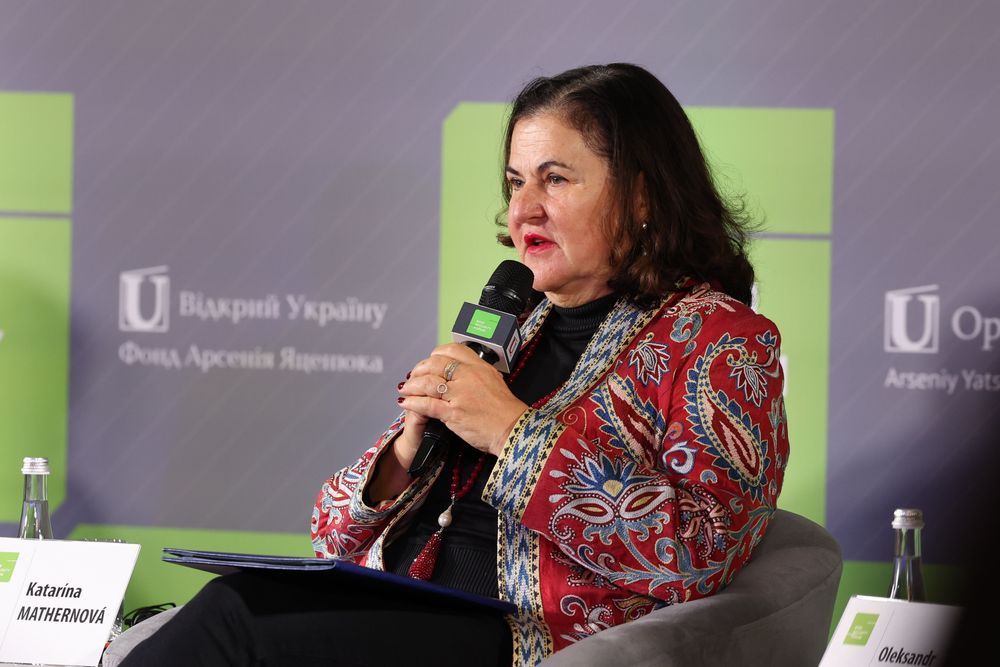
During the economic panel, participants addressed the state budget deficit, the ongoing negotiations, and consultations on a mechanism for transferring funds from frozen Russian assets to Ukraine, as well as the performance of the banking sector and the situation of foreign businesses.
Oleksandr Kava, Ukraine’s Deputy Minister of Finance, noted that negotiations are ongoing with Belgium, which holds the lion's share of the aggressor's frozen assets. He also pointed out that “the United States’ position on financial support for Ukraine has shifted, yet our European partners, as well as other G7 partners, remain upbeat and are doing their utmost to help us address these challenges.”
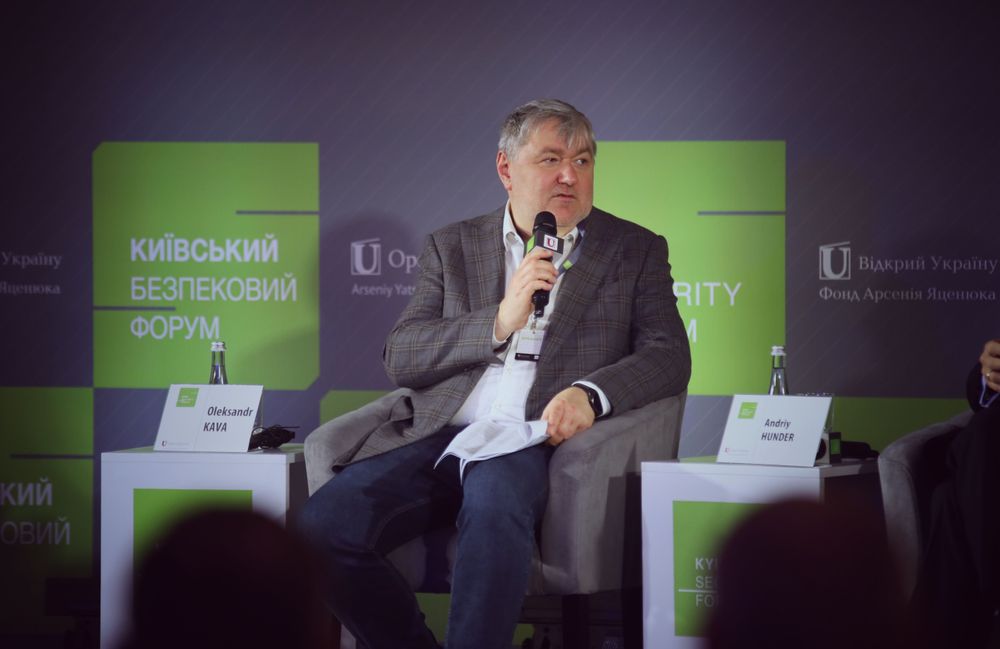
Anna Derevianko, Executive Director of the European Business Association, said that European and international companies operating in Ukraine are now confronted with several major challenges — the difficult energy situation, an acute shortage of skilled workers, a shrinking market, and a legislative and regulatory environment that is continually in flux.
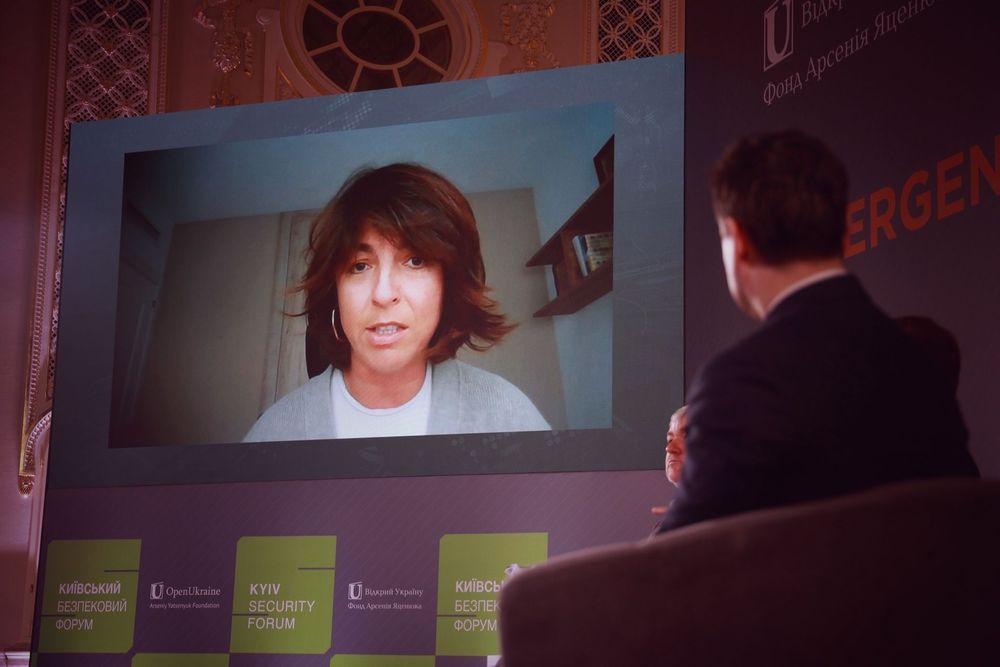
“The strongest incentive for investors is, of course, the end of the war. If the conflict continues, additional incentives are needed — access to financing, markets for selling products, and a predictable, stable business environment,” Anna Derevianko underlined.
Andy Hunder, President of the American Chamber of Commerce in Ukraine, noted that one out of every two U.S. companies operating in Ukraine has been affected by Russian attacks. Despite this, these companies remain operational and continue to grow. "American business is staying the course and believes in Ukraine," he stressed.
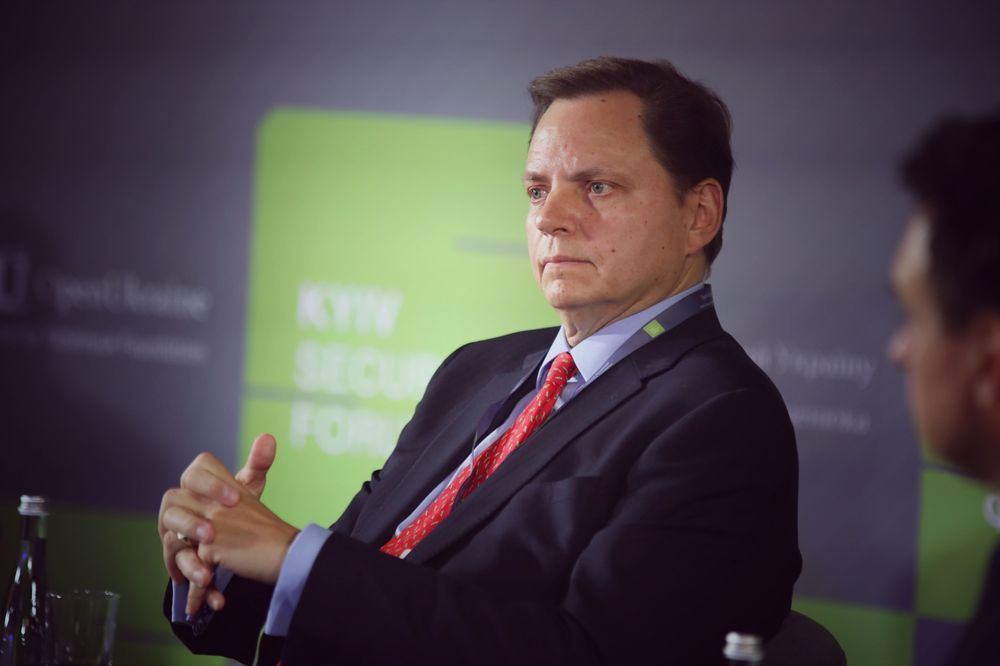
Roman Vashchuk, Business Ombudsman in Ukraine, noted that a number of technical and regulatory obstacles that had been holding back business activity have eased. At the same time, he stressed that in wartime, the state should be more loyal to business, and entrepreneurs should be more loyal to the state.
"We are seeing that the champions of ‘white’ business are themselves calling for tackling the shadow economy. Our role is to encourage dialogue and guide all players back into a proper legal framework,” Roman Vashchuk noted.
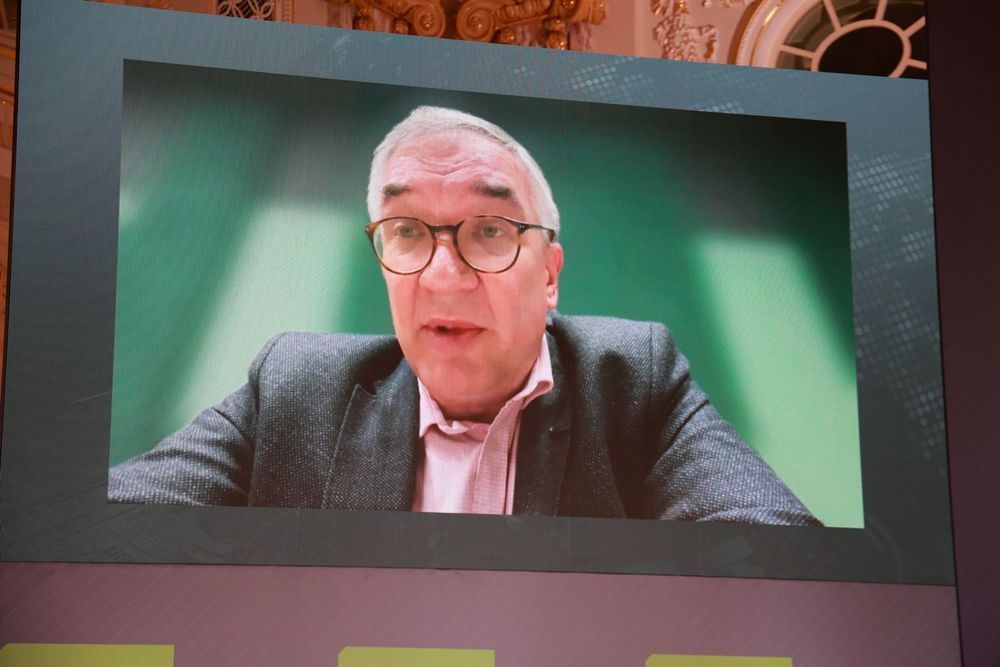
In his special address, Andriy Pyshnyi, the Governor of the National Bank of Ukraine, noted that energy resilience has become a new measure of sovereignty.
“Energy resilience today is far more than a technical term. It is the condition for survival — not just for individual sectors or businesses, but for the entire country. When the enemy targets our thermal power plants, it is our resilience they are trying to break. The National Bank factors this reality into every decision we make. Tough months lie ahead, but our country stands on three pillars: people who do not surrender, systems that continue to function, and decisions that are made before the strike — not after it. Energy is not only about megawatts; it is about belief in life itself,” Andriy Pyshnyi said.
Turning to the economic outlook, the NBU Governor noted that real GDP growth is expected to reach 1.9% in 2025 and around 2% in 2026. According to forecasts, inflation is projected at 6.6% in 2025 and around 5% by the end of 2027.
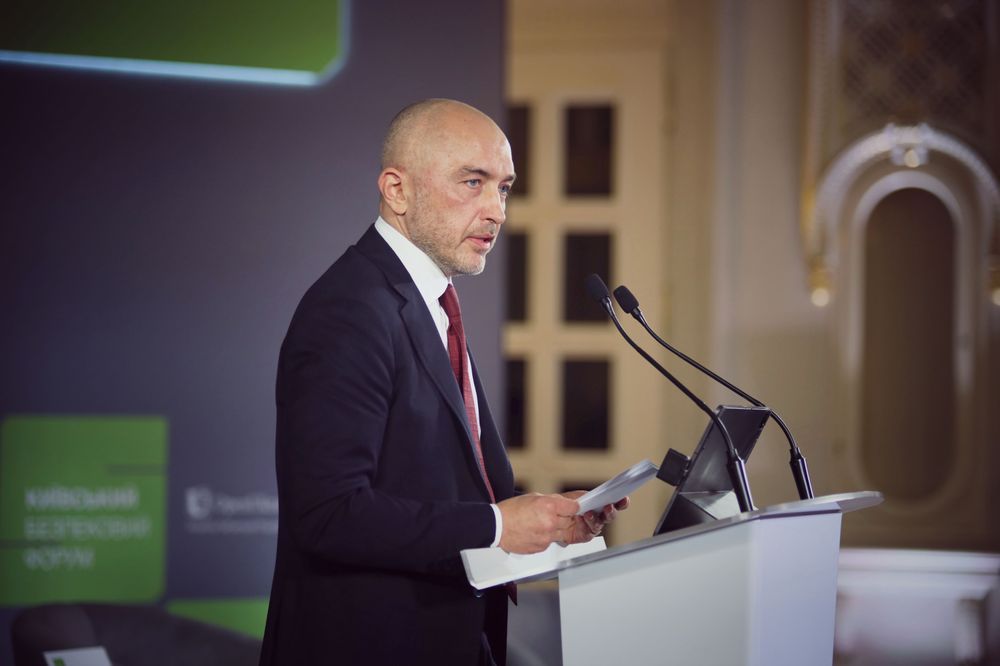
Andriy Pyshnyi also highlighted the remarkable flexibility businesses have demonstrated in today’s conditions: “The situation is fundamentally different from 2022, thanks to the unique experience gained and the extraordinary adaptability of Ukrainian companies. According to the Chamber of Commerce and Industry, 80% of enterprises are prepared for outages — they have generators and alternative power sources in place. Businesses that struggled simply to survive in 2022 are now operating on schedule,” he emphasised.
The Kyiv Security Forum, established by the Arseniy Yatsenyuk Foundation "Open Ukraine", is the leading platform for discussing issues of war and peace, as well as questions of national and global security.










